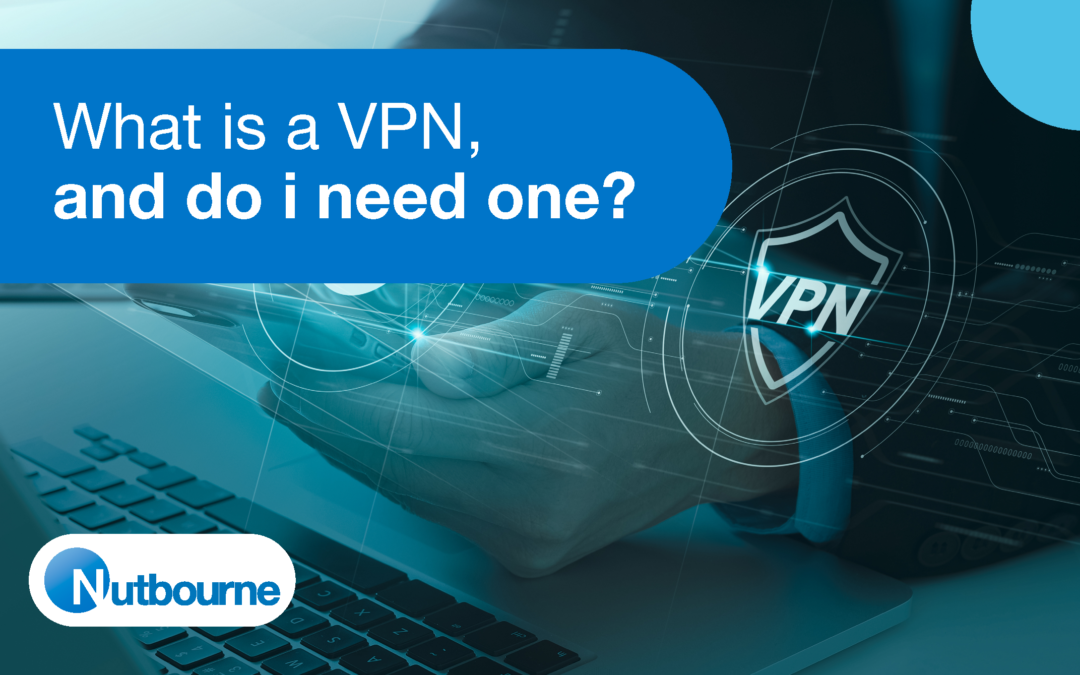You may already have heard of a VPN – a virtual private network – they’re fairly common, particularly because they’re a really useful tool for protecting your data and for preventing cyber criminals from monitoring your activity.
They’re an especially good tool for organisations that handle a lot of sensitive data or for organisations that offer remote working but require users to connect to a company network remotely. The vast majority of SMEs would benefit from using one.
They work by encrypting your connection to the network you want to connect to, making it impossible for outside users to see your activity. And since most VPNs use highly sophisticated encryption, it’s extremely difficult for the encryption to be unlocked by an outsider.
But why do I need one?
The internet is obviously full of threats to your data and security. These threats are becoming more sophisticated and varied. Quite often cyber criminals will target company users by collecting their data, tracking online activity, and intercepting network connections.
The latter is increasingly likely given that most people now spend some of their weeks working remotely or on the move and as such connecting to public networks, wifi hotspots or using home routers.
Said connections leave you vulnerable because, quite frankly, they’re not always as secure as you’d think. So if your workforce is connecting to your company network or databases on the go, you could very easily find your data compromised.
For that reason alone, a VPN is a sound investment. It will hide your activity, essentially making a public connection private; it’ll do this by hiding your IP address and making it nigh on impossible for cybercriminals to track and monitor what you’re doing – keeping your data and activity safe and secure.
For more information on VPNs and cybersecurity, visit Nutbourne.com

